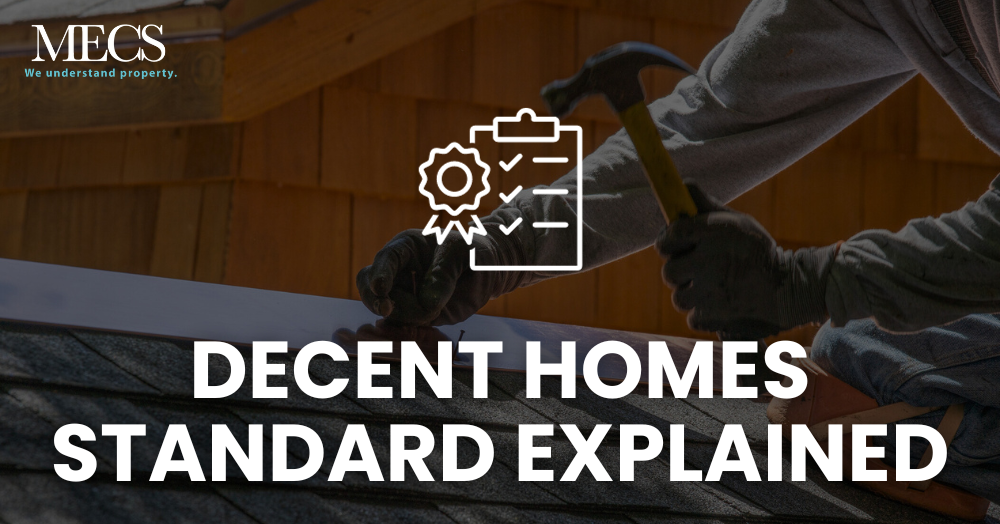With increasing numbers of individuals and families choosing to rent rather than buy, ensuring that rental properties meet decent living standards is crucial. The Decent Homes Standard, a policy framework initiated by the UK government, plays a pivotal role in setting the bar for the quality of housing in the PRS.
What is the Decent Homes Standard?
The Decent Homes Standard is a set of criteria established by the UK government to determine the minimum acceptable conditions for residential properties. Initially introduced in 2000 as part of the government's commitment to improving social housing, it has since evolved to encompass the private rented sector as well.
Key Components of the Decent Homes Standard:
Safety:
Ensuring that a property is structurally sound and free from significant hazards to the health and safety of its occupants is a primary concern. This includes addressing issues such as dampness, inadequate heating, and electrical safety.
Decency:
Properties must meet certain basic standards of decency, including having a functional kitchen and bathroom, secure windows and doors, and adequate insulation to maintain a reasonable level of comfort.
Efficiency:
Energy efficiency is a critical aspect of the standard. Rental properties must meet minimum energy performance ratings to reduce energy bills for tenants and contribute to environmental sustainability.
Meeting the Needs of the PRS
Improved Quality of Housing:
One of the most significant contributions of the Decent Homes Standard to the private rented sector is the improvement in the quality of housing stock. Landlords are required to meet these standards, which means tenants are more likely to live in properties that are safe, comfortable, and well-maintained.
Tenant Well-being:
Decent homes significantly impact tenant well-being. A warm, safe, and comfortable living environment promotes physical and mental health, which is crucial for tenants, especially families and vulnerable individuals.
Energy Efficiency and Cost Savings:
The standard's emphasis on energy efficiency benefits both tenants and landlords. Tenants enjoy lower energy bills, while landlords can attract and retain tenants more easily by offering energy-efficient properties. Additionally, this aligns with broader environmental sustainability goals.
Regulation and Accountability:
The Decent Homes Standard provides a framework for regulation and accountability in the private rented sector. It sets clear expectations for landlords and helps local authorities enforce these standards through inspections and penalties for non-compliance.
Tenant Rights:
The Decent Homes Standard reinforces the rights of tenants to live in safe and well-maintained properties. It offers tenants a legal basis for demanding necessary improvements and repairs from their landlords, further safeguarding their interests.
Challenges and Future Directions
While the Decent Homes Standard has made significant strides in improving housing conditions in the private rented sector, challenges persist. High demand for rental properties in some areas can incentivise landlords to cut corners, and enforcement of the standard may vary between regions. Additionally, as the housing landscape evolves, standards may need to adapt to address emerging issues such as affordability and security of tenure.
In conclusion, the Decent Homes Standard is a vital tool in ensuring that the private rented sector meets the needs of tenants and maintains high-quality housing standards. It promotes safer, healthier, and more energy-efficient living environments while also safeguarding tenant rights. As the PRS continues to grow, it's essential that the Decent Homes Standard evolves to address new challenges and remains a cornerstone of housing policy in the UK. If you are still unsure on how this might impact you, get in contact with us today!
0121 681 6327
info@mecsproperty.co.uk

